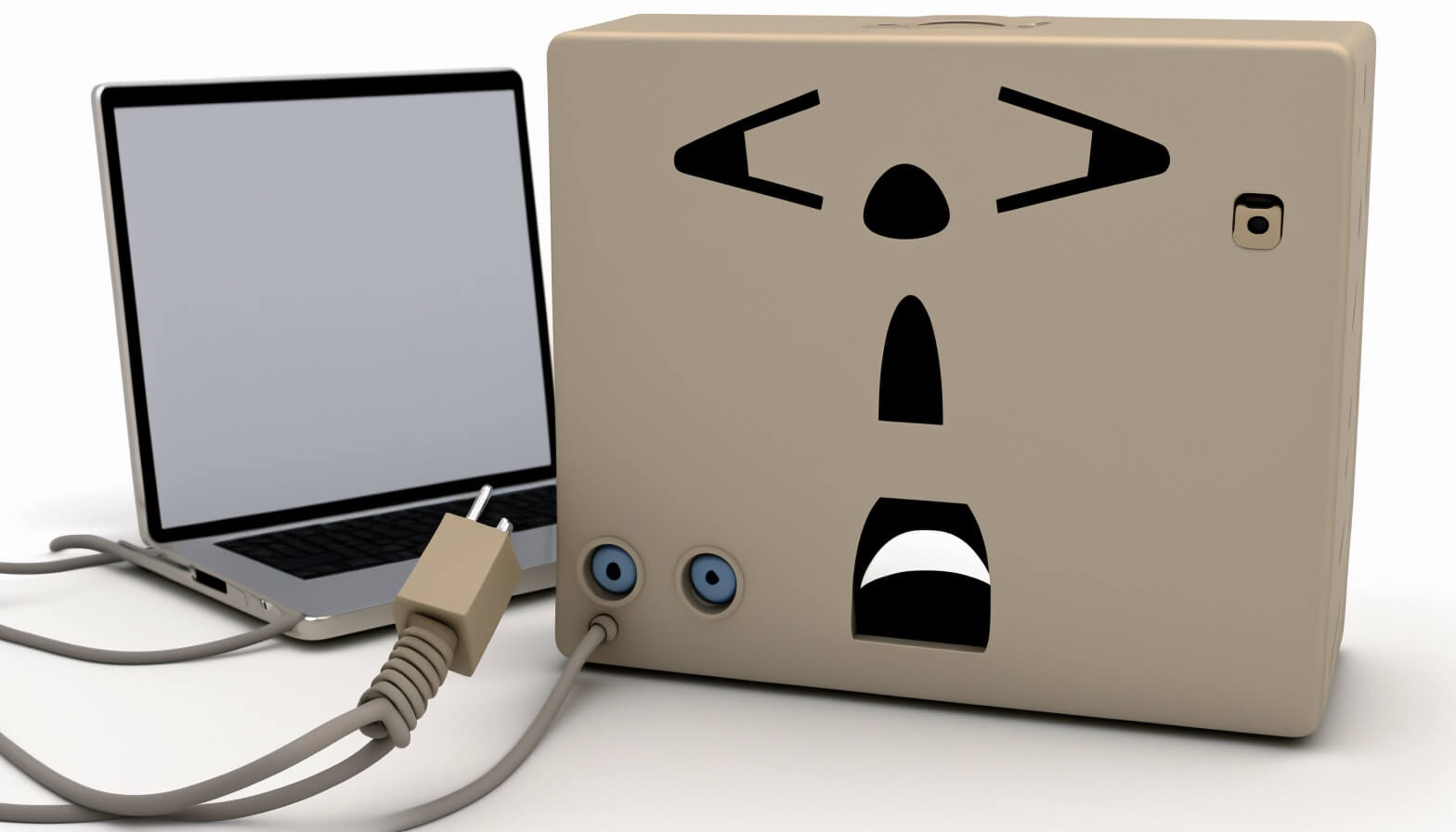
What are HTTP and HTTPS Proxies?
HTTP and HTTPS proxies are commonly used in the world of web browsing and internet access. While both types of proxies serve similar purposes, there are a few key differences between them.
HTTP proxies, also known as HTTP servers, are designed to handle web traffic that uses the Hypertext Transfer Protocol (HTTP). These types of proxies intercept HTTP requests from clients and forward them to the web servers that host the requested content. Once the content is retrieved, the HTTP proxy then sends it back to the client that made the initial request.
HTTPS proxies, on the other hand, are designed to handle encrypted web traffic that uses the Hypertext Transfer Protocol Secure (HTTPS). These types of proxies intercept HTTPS requests from clients and forward them to the web servers that host the requested content. However, before the content is retrieved, the HTTPS proxy must first decrypt the encrypted traffic to be able to read and understand the request. Once the content is retrieved, the HTTPS proxy then encrypts the response and sends it back to the client that made the initial request.
Both HTTP and HTTPS proxies can be used for a variety of purposes. For example, businesses may use proxies to monitor and filter their employees' web access to prevent them from accessing malicious or inappropriate content. Individuals may also use proxies to protect their privacy and maintain anonymity while browsing the web. Additionally, proxies can be used to bypass internet restrictions and access content that may be blocked in certain geographic regions.
When choosing a proxy, it is important to consider the type of traffic that will be handled, as well as the level of security and anonymity that is required. HTTP proxies are generally faster and simpler to set up, but do not offer the same level of security as HTTPS proxies. HTTPS proxies, on the other hand, provide an additional layer of encryption and security, but may be slower due to the extra overhead required for encryption and decryption.
Ultimately, the choice between HTTP and HTTPS proxies will depend on the specific needs and requirements of the user or organization. Both types of proxies have their own unique benefits and drawbacks, and it is important to carefully evaluate these factors before selecting a proxy solution.

What are HTTP and HTTPS Proxies?
HTTP and HTTPS proxies are commonly used in the world of web browsing and internet access. While both types of proxies serve similar purposes, there are a few key differences between them

Parental Control At Home Using Proxy
Parental control is a crucial aspect of raising kids in today's digital age. The internet can expose children to inappropriate content and put them at risk of encountering cyberbullying, harassment, or worse. To keep children safe online, many parents use parental control software, which blocks certain websites or limits access to the internet altogether. However, these solutions can be circumvented or defeated, leaving children exposed to harmful content. A proxy server is a powerful tool that can be used to enhance parental control and protect children online

Choosing Proxies For Sneakers
When it comes to buying sneakers, you need to be quick, and the right proxies can help you achieve this. Proxies are essential in securing a sneaker purchase online, especially for popular releases that can sell out in minutes. In this article, we will discuss the factors you should consider when choosing proxies for sneakers, so you can improve your chances of getting your desired sneakers.

Managing Multi Accounts with MiaProxy
Managing multiple accounts on various platforms can be a daunting task, especially when it comes to maintaining the anonymity of those accounts. This is where a proxy comes in. A proxy allows you to access the internet through a different IP address, thus masking your actual location and making it appear as if the accounts are being managed from different locations

How Decentralized Residential Proxy Works?
A decentralized residential proxy is a new way of providing proxy services that utilizes peer-to-peer technology. Instead of relying on a central server, a decentralized residential proxy network is made up of multiple nodes, or individual devices, that work together to provide proxy services. This allows for a more robust and resilient network, as there is no single point of failure

